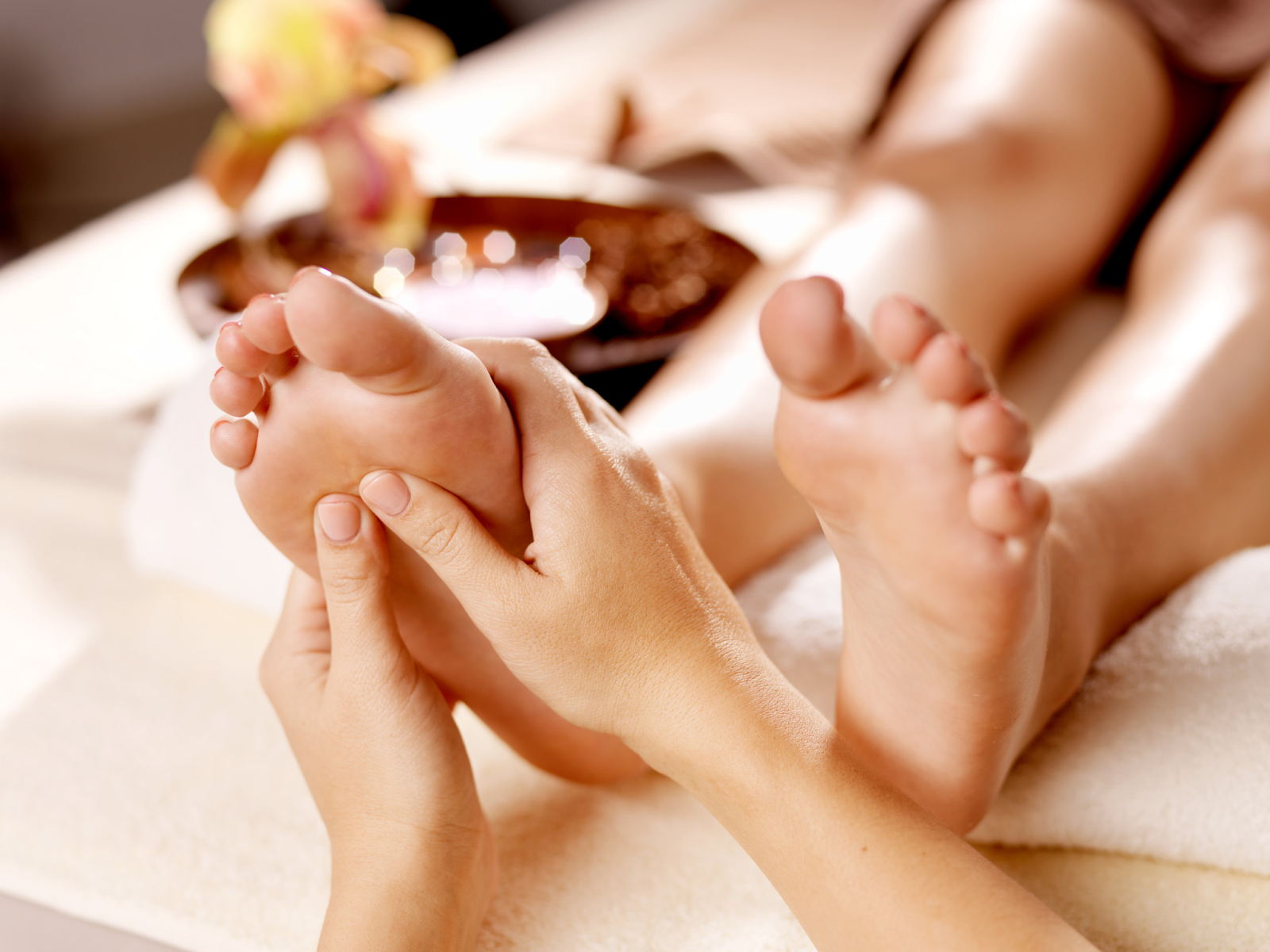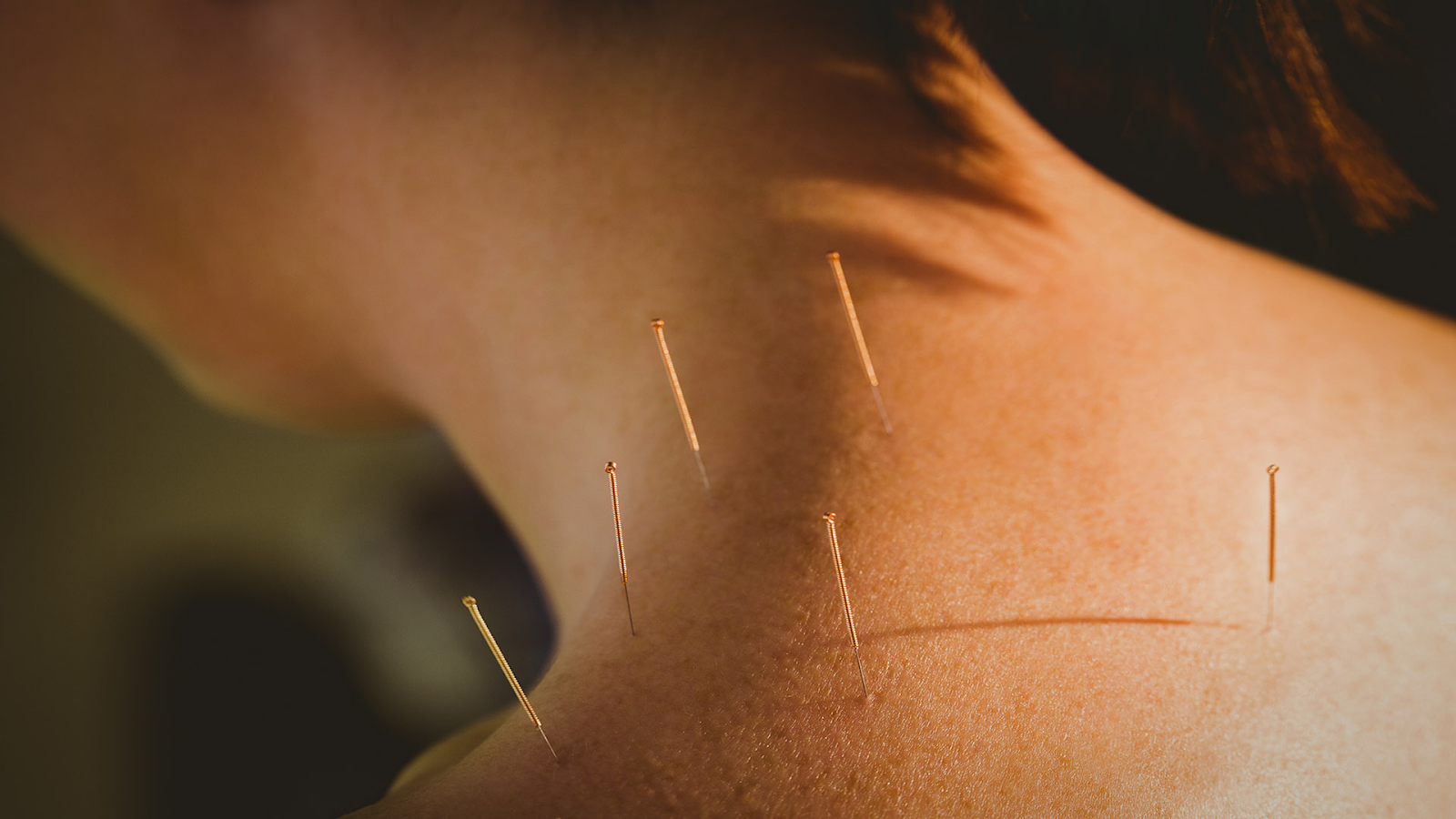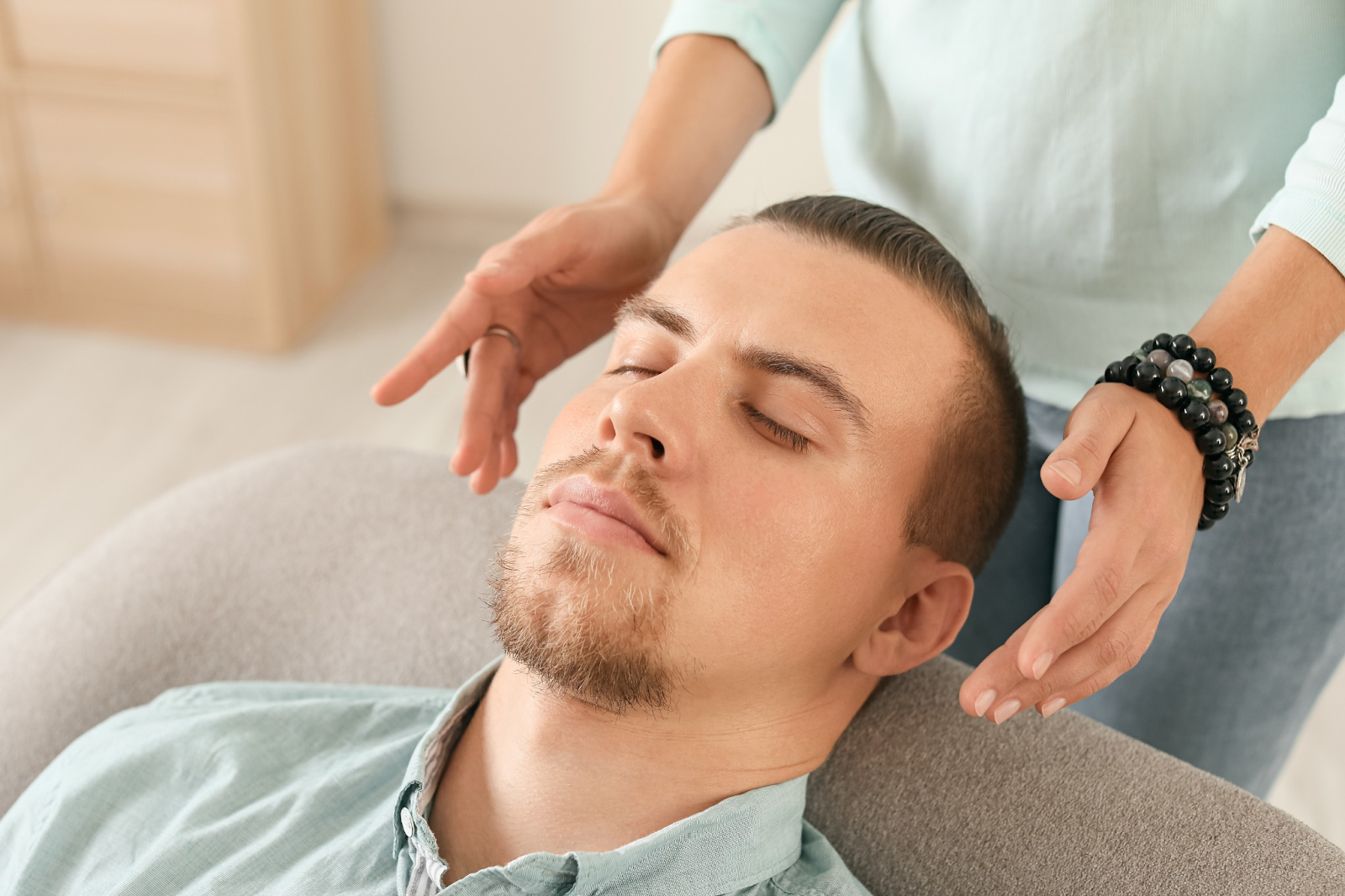Discover Your Perfect Healer Today!
Our online practitioner directory connects you with a wide range of healers to suit your unique needs.
Easily search and find the right professional to support your wellness journey.
Start exploring today to find your perfect match.
Modality
Disease
Books
Products
Events
Training
Blogs
Herbal Medicine
Healing with Herbs: The Biblical View on Medicinal Plants
Have you ever attempted to take a cup of soothing chamomile tea while sick, or put a little bit of lavender oil on your temples ...
Read More → Written by
John Smith
Energy Healer
Who Can Benefit from Energy Healing? A Comprehensive Guide
Energy healing is one of the most popular alternative methods used to restore the movement of energy throughout the body, mind, and spirit. From chronic ...
Read More → Written by
David Brown
Reflexology
The Wonders of Reflexology: What You Need to Know
It is an old medicinal practice common in China, Egypt, and India that involves applying pressure to parts of the feet, hands, and ears to ...
Read More → Written by
John Smith
Acupuncture
Exploring Body’s Acupuncture Responses: Essential Insights
Worldwide, acupuncture is increasingly becoming popular because of its holistic approach towards health and well-being. It is a practice that dates back to ancient traditional ...
Read More → Written by
David Brown
Physical Therapy
Understanding Physical Therapy: Key Aspects to Know
Physical therapy plays a vital role in helping individuals recover and regain their strength, mobility, and independence following an injury or surgery. One age old ...
Read More → Written by
David Brown
Reiki Healers
Global Insights: Exploring Cultural Perspectives on Reiki Healing
Reiki healing is a Japan-originated spiritual practice that has been proven to promote good health irrespective of geographical concepts. Due to the uniqueness of every ...
Read More → Written by
John Smith






